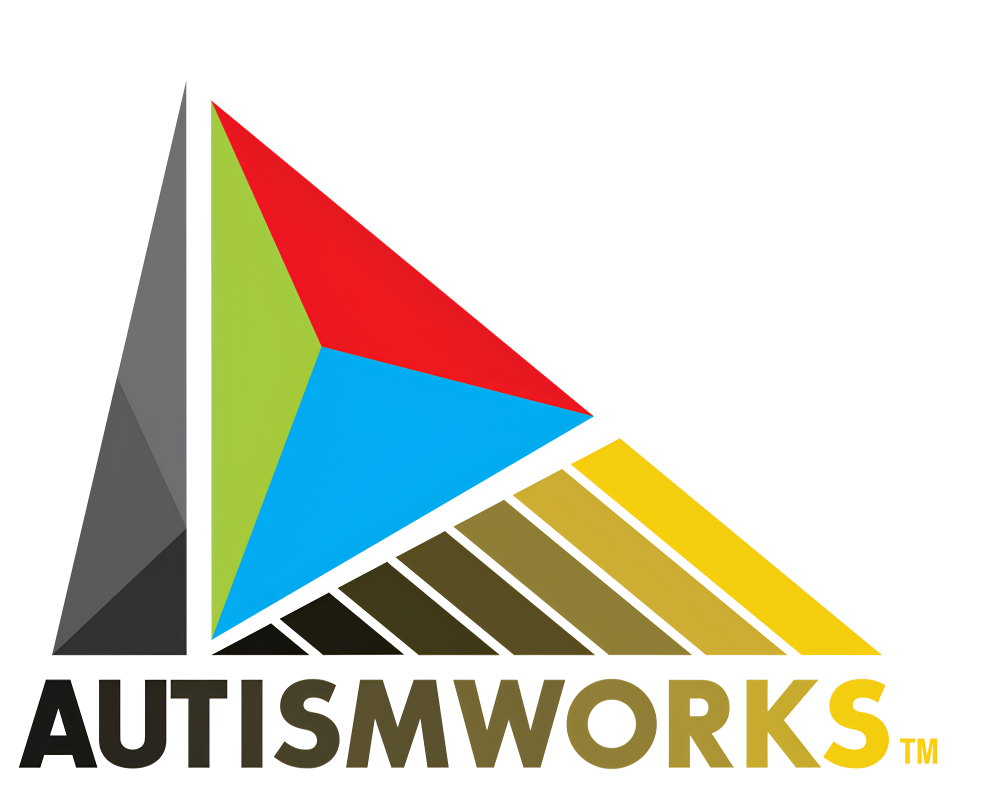Handling Criticism & Feedback—Without the Shutdown
Criticism and feedback can feel sharp—especially when it comes fast, loud, or wrapped in vague language. I’ve learned that the goal isn’t to avoid feedback, but to handle it without spiraling. This is how I filter tone from content, ask for clarity, and turn feedback into useful next steps.
Why Feedback Can Hit Hard
-
Tone overload: My brain notices how something is said as much as what is said.
-
Vagueness = stress: “Do better” tells me nothing actionable.
-
Timing trouble: Surprise feedback in a noisy or public setting makes thinking harder.
My 4-Step Filter: Signal vs. Noise
-
Pause the reaction: One deep breath.
-
Find the fact: What specific behavior or result are they pointing to?
-
Name the ask: What change is being requested?
-
Extract the step: What’s one concrete action I can try next?
If I can’t identify a clear step, I ask for one.
A Quick Reset I Use (10–30 seconds)
-
Breathe: In 4, out 6.
-
Label: “I’m tense; I’m listening.”
-
Note: Jot one keyword so I don’t chase details.
-
Decide: Clarify now or schedule a follow-up.
Simple Scripts That Help
When feedback is vague
-
“Which part should I change first?”
-
“Can you show me an example of what ‘good’ looks like?”
-
“What’s one thing to fix today, one for later?”
When tone is harsh but I still want the content
-
“I want to use this feedback. Could you phrase the specific change you’d like?”
-
“I hear you. What’s the measurable target?”
When I need time
-
“I’d like to take notes and circle back at 2 pm.”
-
“Thanks. I’ll draft options and bring them to you tomorrow.”
When boundaries are crossed
-
“I’m open to feedback. I’m not okay with personal comments.”
-
“Let’s focus on the work, not me as a person.”
When feedback isn’t useful
-
“I appreciate the perspective. I’m going to stick with the plan we agreed on.”
-
“That’s outside today’s scope. If priorities change, let me know in writing.”
Turning Feedback Into Action
I use a tiny template:
-
What changed? (specific behavior/result)
-
Why it matters? (impact)
-
How I’ll adjust? (one concrete step)
-
When I’ll review? (date/time)
Example:
What: “Headlines are long.”
Why: “Hard to scan on mobile.”
How: “Cap at 55–65 characters; one verb up front.”
When: “Test 3 headlines by Friday 3 pm.”
Choosing Whose Feedback to Prioritize
-
Aligned role: From people responsible for the outcome.
-
Specific + kind: Clear, actionable, and respectful.
-
Pattern of fairness: Past feedback helped me improve.
Red flags: Moving goalposts, public shaming, personal attacks. I slow down—or step away.
If You Give Feedback (For caregivers, teachers, teammates)
-
Lead with the goal: “We want X outcome.”
-
Name the behavior, not the person: “The report missed a source,” not “You’re careless.”
-
One request at a time: Stack = shutdown.
-
Offer an example: A model saves ten minutes of guessing.
-
Write it down: A short follow-up note prevents confusion.
-
Invite a timeline: “When works to revisit this?”
Criticism doesn’t have to knock you off balance. With a brief pause, a few clarifying questions, and one concrete next step, feedback becomes fuel—not fire. I don’t need to accept every opinion; I choose the useful parts, set boundaries for the rest, and keep moving.
With clarity and respect,
Tyler McNamer
Founder, AutismWorks



Responses